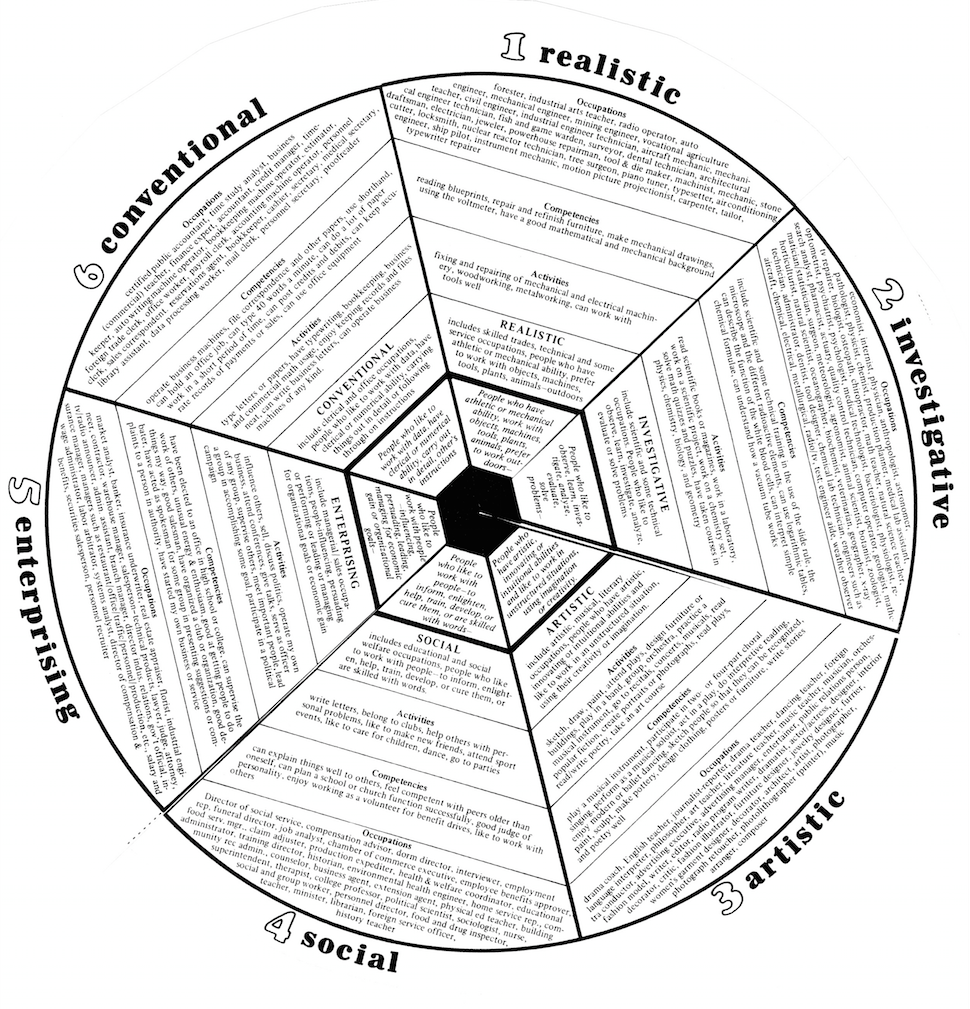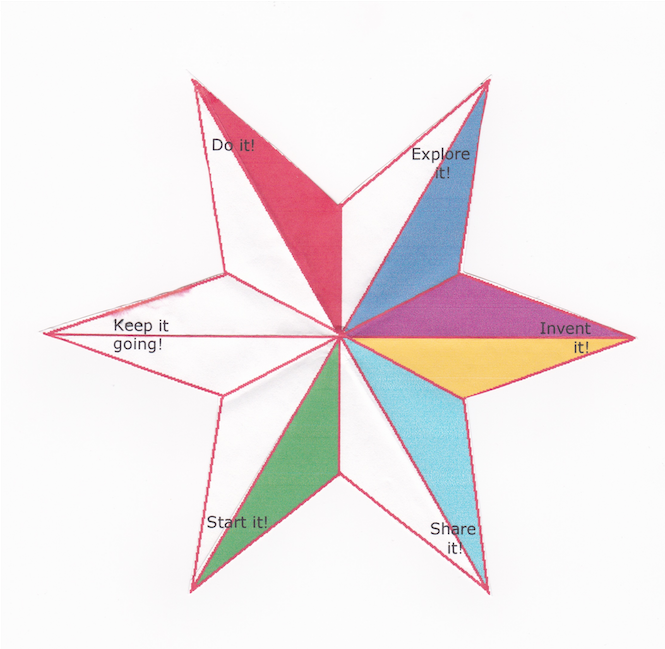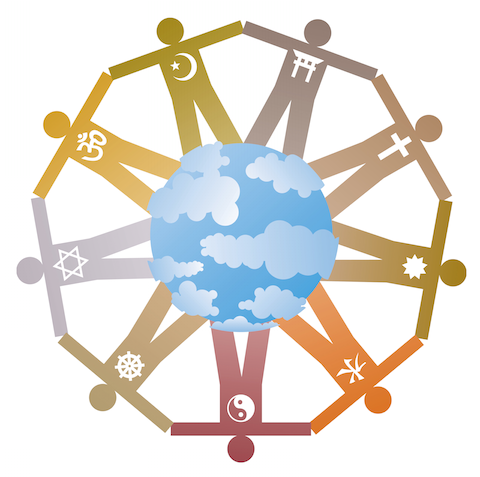For Readers of Parachute
How Helpful is Career Counseling Online
Author: Dick Bolles

- Some decent interactive tests to give you a quick idea about a possible new career direction you might take; plus
- some articles dealing with various career issues, to further brush the cobwebs away from your thinking; plus
- longer career manuals for you to read when you have more time; plus
- FAQs (Frequently Asked Questions) dealing with common problems in the job-hunt. And each answer would be written by someone who really knows what they're talking about.
In that department, I must admit that I'm stupefied at some of the superficial (and 'dead wrong') advice that I sometimes read online about job-hunting, resumes and the like. Of course, this defect would be cured real fast if these so-called "experts" had to go out and find a job themselves tomorrow. But, that teeny-tiny objection aside, all the rest you'd hope for is here: Tests, articles, manuals FAQs The whole works.
HOW EFFECTIVE: Well, there's only so much that impersonal online career counseling can do. Hence, my estimate of the effectiveness of career counseling sites on the Internet in getting you a job: 10 percent. That is, out of every 100 readers of Parachute who seek out career counseling on the Internet, 10 of them will find a job thereby, with the aid of the coaching that they pick up there. I think 90 will need more help or can do it without any help.
The key to successful job-hunting lies not in how much you know about the job-market, but how much you know about yourself, your gifts, your priorities, the things you most love to do.
WORDS TO REMEMBER (With apologies to Alexander Pope) : "Know then thyself; try not the Web to scan, until you know what you love to do, and have evolved a plan."
Holland Code in One Glance
Author: Jerry Hanisko and Lorraine Massaro
 This chart is "Holland" in one glance. That is to say, "John L. Holland" and his "Holland Code." Here are the six letters of his code, with a description of definitions, clues, typical activities, competencies, and occupations, for each. It is an expansion of the exercise found on page 129 in the current (2015) edition of What Color Is Your Parachute? This wheel is entitled "Different Spokes for Different Folks", © 1976 by Jerry Hanisko and Lorraine Massaro. They handed it to me at an Iowa conference in 1977.
This chart is "Holland" in one glance. That is to say, "John L. Holland" and his "Holland Code." Here are the six letters of his code, with a description of definitions, clues, typical activities, competencies, and occupations, for each. It is an expansion of the exercise found on page 129 in the current (2015) edition of What Color Is Your Parachute? This wheel is entitled "Different Spokes for Different Folks", © 1976 by Jerry Hanisko and Lorraine Massaro. They handed it to me at an Iowa conference in 1977.Your Holland Code As A Series of Goals
Author: Dick Bolles

"Jobs with Friends" is Shutting Down
Monday, February 16, 2015:
The Place of Religion in Job-Hunting
Author: Dick Bolles

A reader asks:
I've noticed some reader feedback on amazon.com, claiming your book is too religious. Why do you feel it's necessary to include so much religion in your famous book? Why not stick to the topic of job-hunting and save the preaching for another book?
In answering this question I've found it's always best to start off by being frankly defensive. (Whimpering would be even better, but if you're six foot four, as I am, that makes a truly pathetic sight.)
But defensiveness is good. Seeing it, people know they're talking to a flawed human being, trying to find his own way out of the thicket called Life.
So, my immediate defensive response usually runs as follows: "In the current 2015 What Color Is Your Parachute? God or faith is mentioned in only five sentences in the entire body of the book (353 pages long).
"To be sure, at the end of the book there is an Appendix (19 pages long) discussing my views about how faith relates to the job-hunt and life/work planning.
Why? A vast majority of the American people (89% currently, according to a recent Gallup poll) have some kind of belief in God – so many of my ten million Parachute readers want some guidance, here, about the relationship between their faith and their work Hence, I've gotten more appreciative mail about this Appendix than any thing else I've written in my life. But out of consideration for the other 11% who don't believe in God, this passage is buried at the end of the book so no reader will feel compelled to read it unless they want to.
"That Appendix aside, five sentences about religion in a 353 page book can't really be called 'too much religion', unless one is holding out for 'no mention at all'."
On most days, this is about as defensive and whiny as I tend to get. Then I limp off in search of a more sunny maturity, looking for broad principles to answer the obvious follow-up question: "Okay then, why did you put an Appendix about faith, in your book on job-hunting and life work planning?"
I can answer that best, through two similes or metaphors.
1. Job-hunting and Life/work planning are like the rings of a tree.
The innermost ring, in our lives, is plain old job-hunting.
The next ring outward is career-change.
The next ring is career-planning.
The next ring is life/work planning.
And the final ring is finding one's mission in life.
We all tend to start with the innermost ring, job-hunting, but as we get older, we move outward, from ring to ring.
And now to our second metaphor:
2. Religion is like a playpen or sandbox.
Every decent marriage counselor knows that there are two arenas in a committed relationship that function essentially as 'playpens' or 'sandboxes' in which the two partners act out in microcosm, who they most truly are in macrocosm. Those two playpens are "sex" and "finances."
In the playpen called "sex" there is a wide range of behavior, as people use their sexuality to act out who they are in relationship to others. And so we find sex used for dominance or submission, gentleness or roughness, anger or appreciation, love or hatred. Wide and various is this thing called "sex."
In the second playpen called "finances" there is likewise a wide range of behavior, as people use their money to act out who they are value-wise. And so we find money used for hoarding or giving, a love of power or a love of helping others, a love of things physical or a love of things spiritual. Wide and various is this thing called "finances."
Ah, but there is a third playpen in human life, and this is the arena called "religion" or "spirituality" or "faith." Here too there is a wide range of behaviors, as people use their spirituality to act out who they are in the life of their soul. And so we find:
- Spirituality that is centered around God vs. spirituality that is centered around the self.
- Spirituality that holds religion to be "a tale told by an idiot" vs. spirituality that holds religion to be God's constant grace in our lives.
- Spirituality that is mesmerized by sin, vs. spirituality that is mesmerized by forgiveness.
- Spirituality that sees oneself as "us vs. them", compared with a spirituality that sees oneself and the rest of mankind as "we."
- Spirituality that is a desire to manipulate others, vs. spirituality that is simply a desire to share with others.
Wide and various is this thing called religion.
Hence, religion that is viewed as "preaching" by one person is viewed as the secret of life by another.
I hold the latter view.
I think religion and spirituality – the good kind – is not only the secret of life, but also the key to dealing with those rings.

